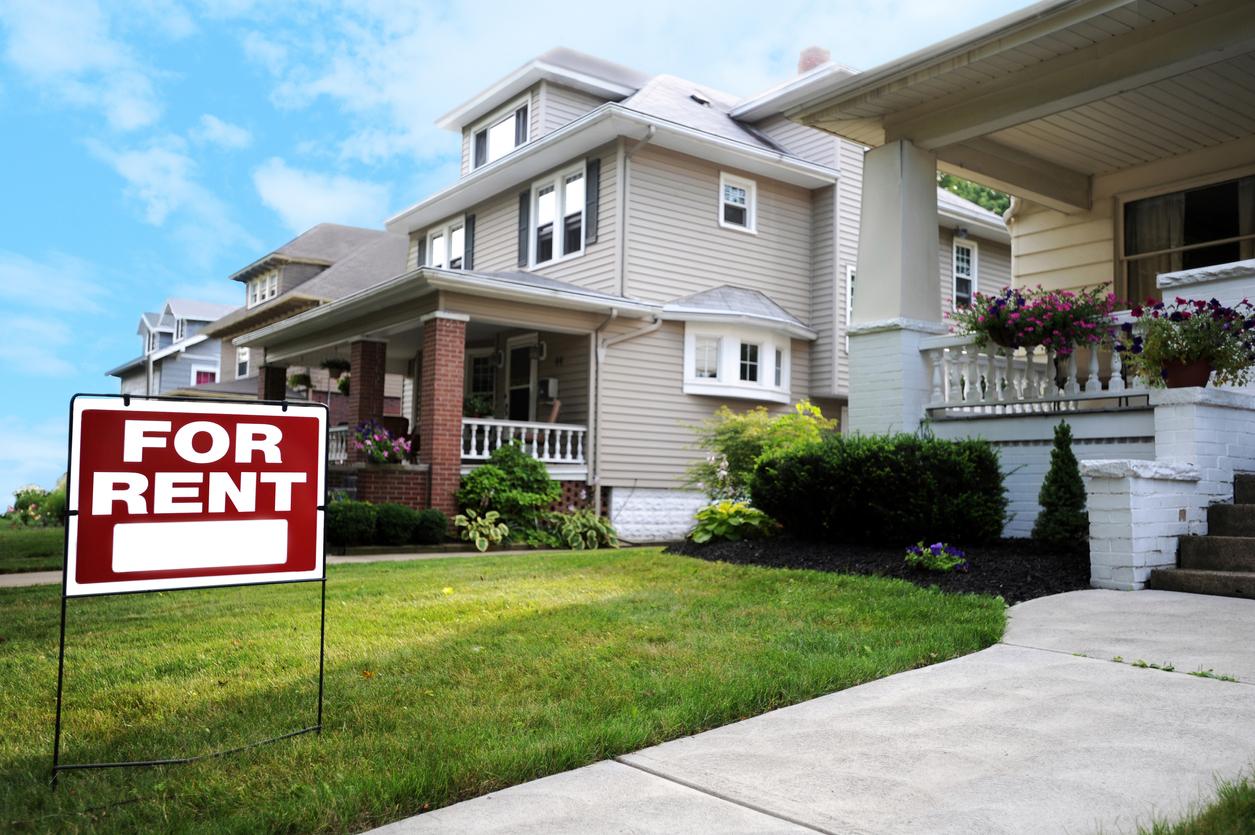
The Ultimate Guide to Evaluating and Purchasing Rental Properties.
Investing in residential real estate has several benefits. For starters, it’s one of the best ways to build real wealth. Investors can leverage that one initial property to grow their real estate portfolio into a thriving, multi-property business. Also, there are tax advantages to going into the rental property business, and finally, there’s the income stream that flows from owning investment housing.
Novice investors worry about whether they can make it in the rental home business. They think about how to find properties, evaluate them, and whether they can afford them—these are just a few things that keep potential investors from taking the plunge and purchasing their first rental properties.
We have all the information you need to evaluate a potential purchase and have created one stop hub where you can find available investments.
The goal for any investment is a good return for your money. But when it comes to real estate, a number of components need to come together for a property to yield a solid return. Keep reading to learn how to succeed in real estate investing.
Find the Right Property

The “right” property is in a good location and has lots of upside potential in rental and resale terms. Location is usually the prime consideration for a rental property, but what defines a good location?
Keys to a good location:
- How far away are the basics?: grocery and shopping, transportation, schools, health care, and jobs
- What sort of tenants does the location attract?: singles, families, or seniors
- Are rentals in high demand?
- Are there prospects for future growth?: a new airport or rail line, a new or relocating company, or a great school district
- Is it close to your residence? If you’re managing the property yourself, this is critical.
If you’re unsure where to begin your search, areas near schools are good starting points. Hot school districts are a good bet, as are college towns where there is usually a housing shortage.
Is It a Good Deal?
You’ll need to research to determine if a particular property is a good buy. If it’s already tenant-occupied, you can ask for the income and expense sheets from the property manager. You will also want to answer other specific questions about the property. Here are a few examples:
- Standard vacancy rate for the area
- Projected rent and annual maintenance
- Costs of homeowner’s insurance and real estate taxes
- Comparative market analysis for area rentals
Calculate NOI
The real value of the property is in the market capitalization rate. You get this number by first finding the net operating income (NOI), which is nothing but the annual income less expenses.
For example, $60,000 in income minus $30,000 in costs (mortgage, maintenance, etc.) is $30,000.
To calculate the market cap rate, you divide the NOI by the fair market value (FMV). The appraised value is a good baseline for the FMV, and let’s assume that’s $300,000. So $30,000/ $300,000 is a cap rate of 10%.
Compare this 10% rate of return to your other investments, and you’ll see how rental properties often outperform the markets.
Run the Numbers
When you bought your primary residence, the purchase of the home was just the beginning of the cash outlay. Investment housing is no different. You’ll need a cash cushion to carry you through until you see any income.
The reality of purchasing rental properties is that investment homes often need some serious TLC. It’s a given in the business that the better the deal, the more it will cost to rehab the property, so it’s fit for tenants. There are some costs aside from the mortgage that you’ll need to plan for after you close and before you get that first rent check. Also, keep in mind that tenant deposits must go into a designated and separate trust account; you can’t use that money for anything.
The best deals are when you buy a house as-is—the seller isn’t going to make any repairs. This does not mean that you can’t get an inspection or that you can’t walk through the property with your contractor to get an idea of the necessary repairs. You’ll probably need to update appliances and put a little money into landscaping if it’s a single family residence. Curb appeal is important even in a hot market.
Can You Afford the Repairs?

Another consideration for purchasing rental properties is this—do you have the cash for the repairs? If you’re super handy and can do a lot of minor repairs yourself, that will save you a ton of money and speed up your timeline for getting a tenant in. If you’re unsure about the purchase’s construction and rehab elements, move on to something less labor intensive.
Keep in mind that the quality of materials you’d put in an investment property don’t necessarily need to meet the standard of what you’d put in your own home. So forget about the granite countertops (unless that’s the local market for your property) and use stock materials from your local big box store.
Offercity Is With You Every Step of the Way
Our streamlined approach to purchasing rental investment properties makes it easier to start building wealth with real estate. Once you’re in our system, you’ll get daily notifications for new properties on the market, and you can even bid online. Our online offerings let you immerse yourself in the Southern California real estate market to analyze possible deals at your convenience. Contact us to learn more about our state of the art approach to guiding you in building wealth through real estate.